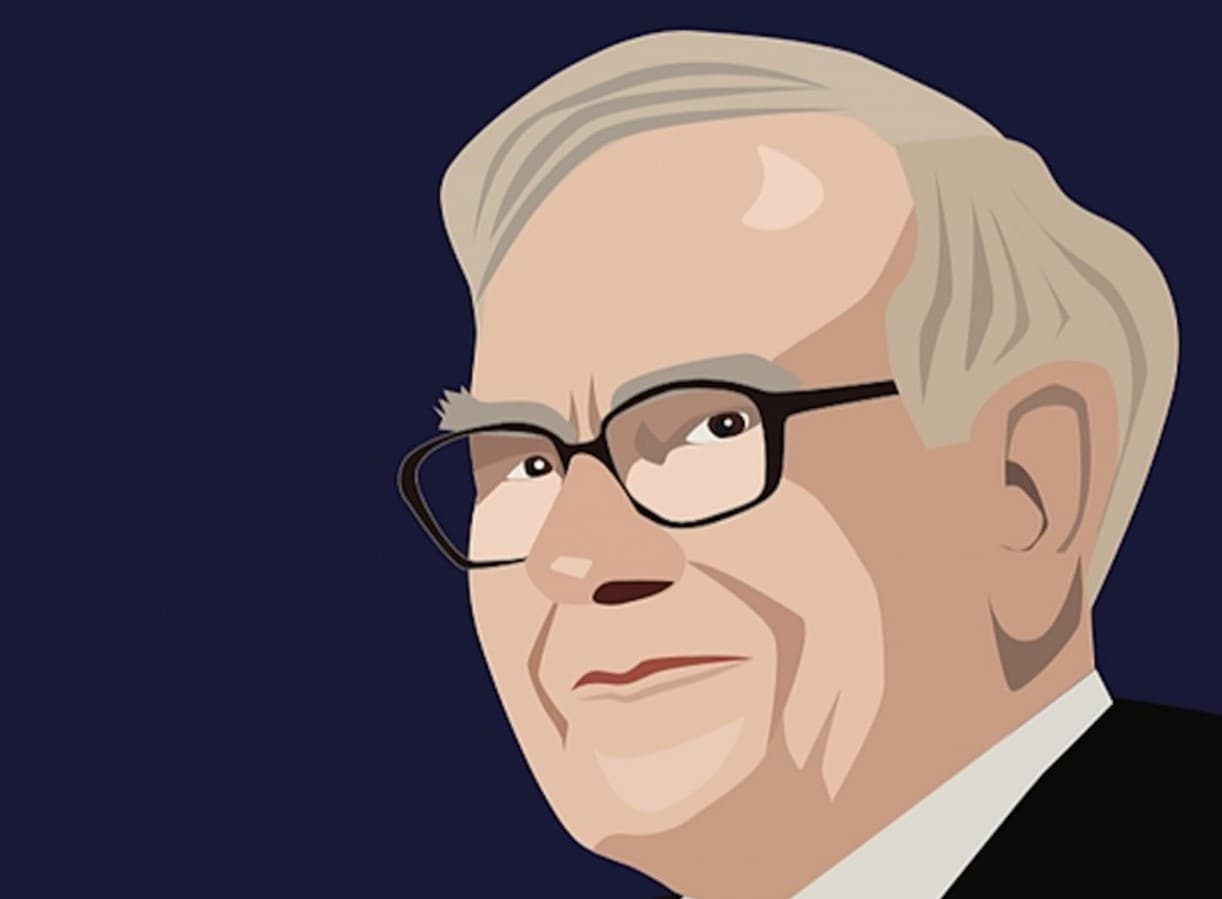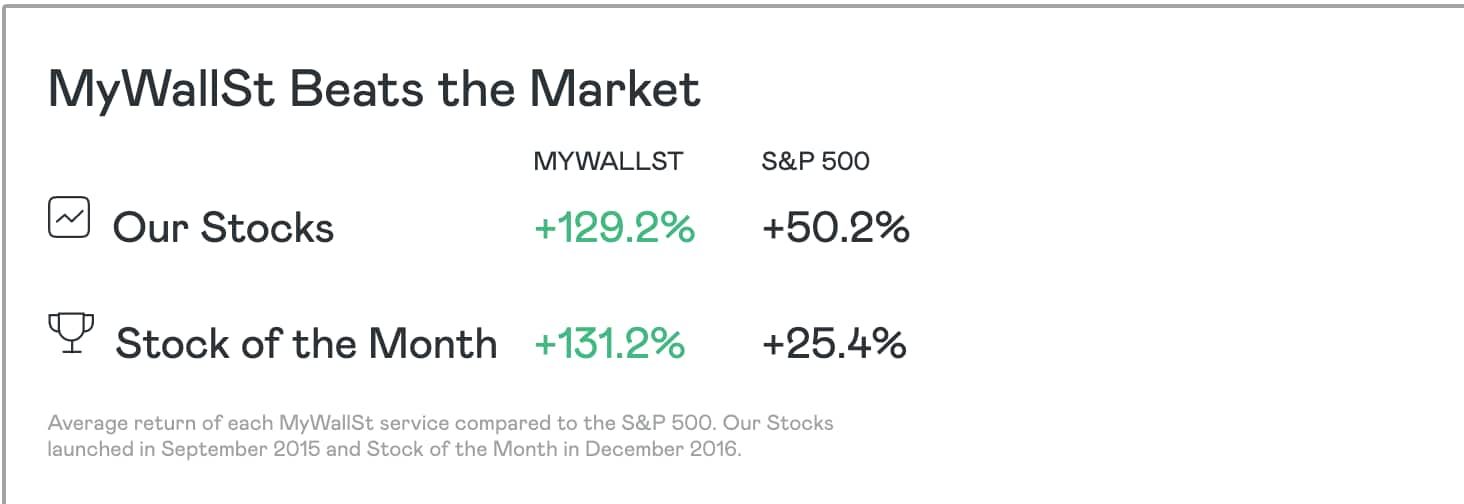Anyone who knows Warren Buffett knows that the Oracle of Omaha avoids investing in IPOs; in fact, Buffett’s last investment in an IPO was in 1956 when he bought shares in Ford Motor Company.
This article was originally published on MyWallSt — Investing Is for Everyone. We Show You How to Succeed.
In October 2018, one of his top portfolio managers, Todd Combs, purchased more than 14 million shares of Brazilian payment processing company StoneCo (NASDAQ: STONE) when it launched. He also purchased $730 million worth of shares in cloud-based data-warehousing company Snowflake (NYSE: SNOW) upon its debut in September of this year for Buffett’s company Berkshire Hathaway.
That wasn’t the only barrier his company crossed as both of these companies are in the tech sector, something Buffet’s been known to be finicky about. We examine Combs’ irregular picks along with more-traditional holding Mastercard (NYSE: MA).
| Company | Holdings | Stake % | % of Portfolio | Value (in B$) |
| StoneCo | 14,166,748 | 4.4 | 3.3 | .787 |
| Snowflake | 6,125,376 | 2.2 | 6.28 | 1.491 |
| Mastercard | 4,564,756 | 0.5 | 6.71 | 1.572 |
1. StoneCo
StoneCo is reaping the rewards of being a payment processing company in the right place at the right time. Cash is king in Brazil, a country where over 25% of the population is without a bank account and over half of all transactions are in cash. StoneCo fills this gap by providing point-of-sale (POS) devices to merchants, which accept all sorts of credit cards, debit cards, and cash.
The company makes money by charging a fee for each transaction, offering prepayment financing, and leasing out POS machines. StoneCo is positioned for future growth by being entrenched in Brazil’s e-commerce sector, a business that is expected to grow over 40% in the next four years to reach $30 billion. Additionally, with the pandemic encouraging merchants to adopt contactless transactions and boosting e-commerce sales, the company stands to profit further. Berkshire’s stake is up over 132% since purchasing the stock at $24 a share.
2. Snowflake
Combs purchased shares in Snowflake because Geico, a Berkshire subsidiary of which he’s CEO, was one of the company’s early adopters and used it extensively. The company checks off three no-no’s in Buffett’s investment rulebook: it was a recent IPO, it’s a tech company, and it isn’t yet profitable. So why invest at all? Because he saw potential in this rock star with a net retention rate of 158%; that means that customers who try the product, hold onto it. The company doubled its clients to over 3,100 in the last year, including 7 of the Fortune 10 and 146 of the Fortune 500. More importantly, it more than doubled its customers that represent $1 million or more in annual revenue from 22 to 56 in the same time period.
Snowflake did this by offering its customers a cloud-agnostic, compressed, secure data-storage solution that is faster, easier to use, and more flexible than any other on the market. The cloud data platform Snowflake belongs to is expected to grow 50% to $84 billion by 2024 and as one of the best products on the market, the company is sure to profit.
Snowflake’s revenue increased 132% over the year that ended July 31 and its margins are up nearly 25% year-over-year (YoY) to 61.6% for the six months that ended July 31. Snowflake has over half a billion dollars in cash and investments, zero debt, and cash used for operating activities decreased nearly 60%, to $45.3 million, in the same period. This first-in-class organization, with ratings over 90% across various review sites like TrustRadius and G2, is well on its way to profitability. Snowflake’s stock has more than doubled from its IPO price of $120 and Berkshire recorded over $760 million in profit thus far.
3. Mastercard
Mastercard was one of Combs’ first purchases for Berkshire about ten years ago. The company holds a 30% market share in the payments space and its stock price has surged over 1500% since 2011, the year Berkshire first took a position. One analyst feels that the company can reach a trillion-dollar valuation if it continues its average annual gains of the last three years by 2023. With cash use declining as a result of the growth of e-commerce and mobile payments, Mastercard stands to benefit and come closer to reaching this goal.
The pandemic is giving rise to contactless transactions through apps like Apple Pay and Samsung Pay, which are both conduits for underlying credit cards like Mastercard and Visa, of which Berkshire owns an equal stake.
MyWallSt makes it easy for you to pick winning stocks. Start your free trial with us today— it's the best investment you'll ever make.
Continue reading for FREE
- Includes free newsletter updates, unsubscribe anytime. Privacy policy






